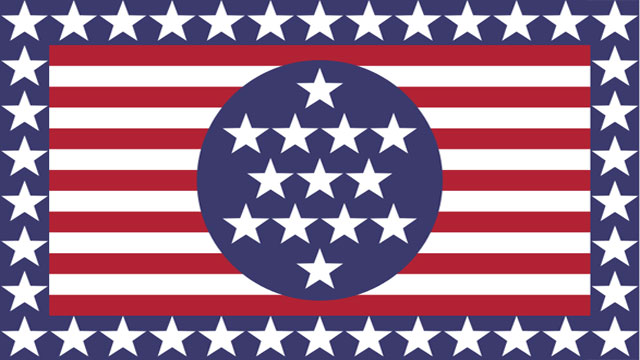 |
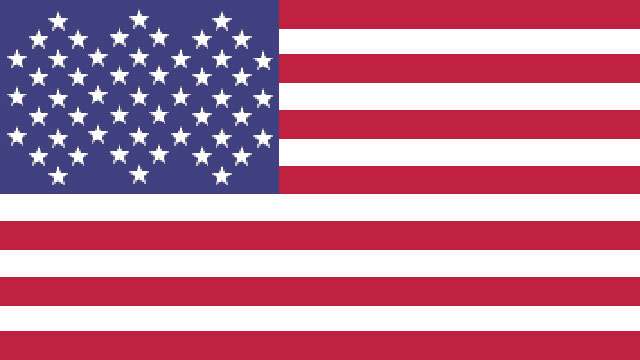 |
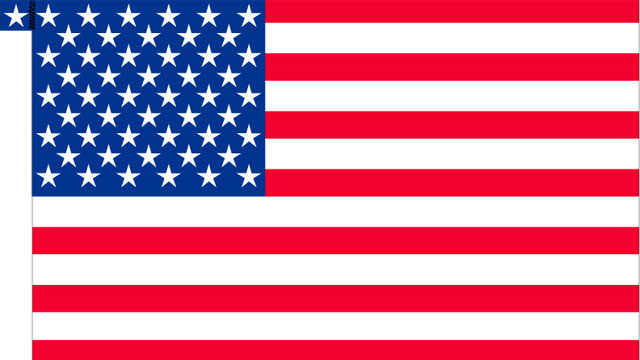 |
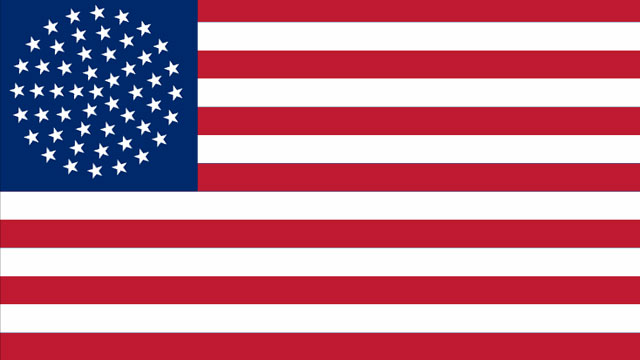 |
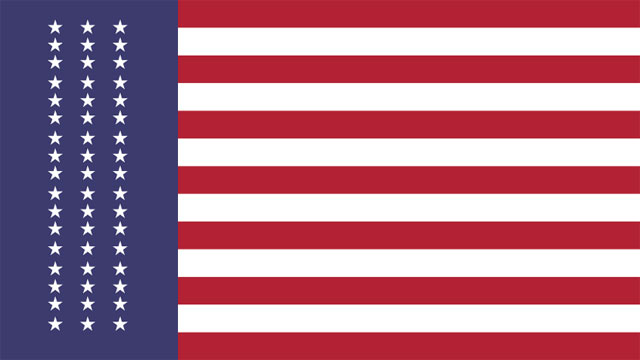 |
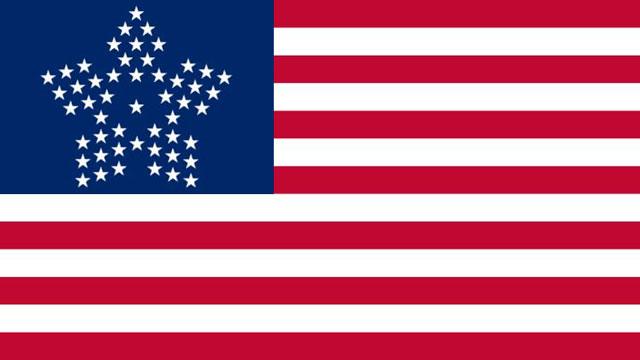 |
 |
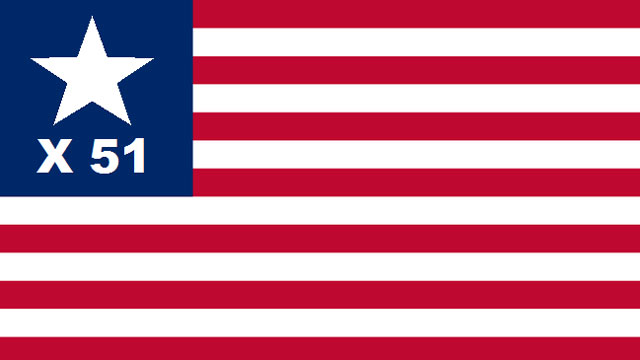 |
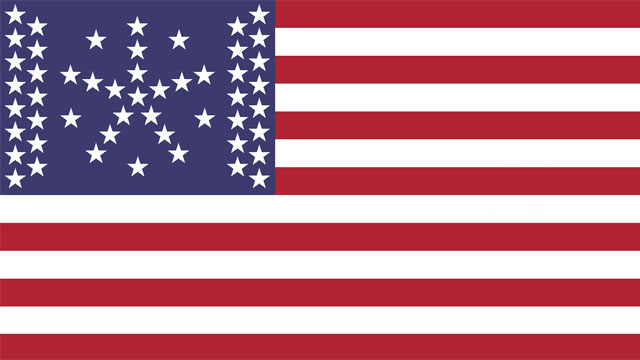 |
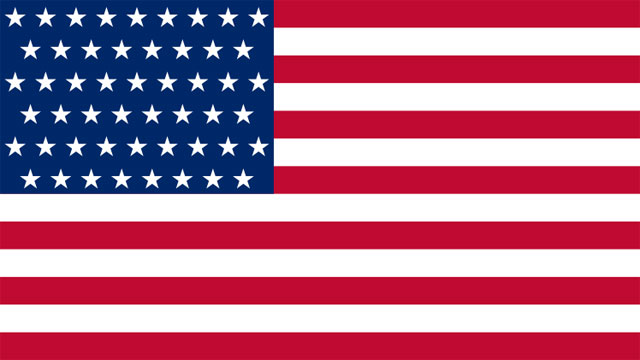 |
||
Posted on 06/21/2017 6:34:42 AM PDT by cll
It has been nearly 58 years since the last star was added to the U.S. flag when Hawaii joined the union in August 1959. In a referendum 10 days ago, Puerto Rico residents voted to become the next. The matter isn’t up to residents alone, of course — Congress and the president would have to sign off on the admission of a new state, and there are many political hurdles that stand in between America’s closest possession and statehood. But those obstacles existed for Alaska, too, and we had allies who helped us gain entry to the U.S.
As Puerto Rico seeks its star, it should have Alaska’s support.
It wasn’t so long ago, after all, that the Last Frontier was in the same boat. Many of the concerns raised by those skeptical of Puerto Rican statehood mirror those of Alaska opponents in the 1950s. It’s too far away, statehood opponents would argue, and the culture is too different from the rest of America. Others are concerned the territory won’t be able to earn its keep. “We were the 49th state and I heard the same arguments then,” Rep. Don Young said in a statement announcing his support for Puerto Rico’s statehood bid.
Rep. Young is right to call out the tired arguments trotted out by statehood opponents now, which are as hollow as they were when Alaska sought entry as a state in the 1950s. Puerto Ricans have been U.S. citizens for a century, but its 3.4 million people are unrepresented in Congress and cannot vote in U.S. presidential elections.
And without the privileges of greater self-governance granted by statehood, Puerto Rico’s status is similar to Alaska’s in territorial days — less able to substantially govern its affairs or enjoy the privileges of membership in the United States, a colony in a post-colonial age.
Given those facts, it’s surprising there isn’t greater clamor to support Puerto Rico’s bid for statehood. Puerto Rico’s debt situation is a concern (ironically, its seeds were sown in the same congressional act that made it a territory), but statehood could provide much-needed stability and help the island recover from a crippling decade-long recession.
The real reasons many oppose Puerto Rican statehood are political, as was case for Alaska. With Hispanic people in the U.S. voting overwhelmingly for Democratic candidates, many in the GOP fear Puerto Rico’s senators and representatives would tilt the balance of power in the House and Senate. That’s not only a craven reason to deny the territory’s people the right of self-determination, history has also shown it to be foolish. Alaska, for instance, was assumed to be a safe state for the Democratic Party and Hawaii was assumed to be Republican, as that was the makeup of their territorial governments. But relatively soon after each achieved statehood, both flipped their predominant party status, with Alaska becoming a GOP-friendly state and Hawaii becoming one of the safest strongholds in the country for the Democrats.
Kudos to Rep. Young for his support of Puerto Rico’s bid despite the less courageous and more partisan attitudes of some of his colleagues. The admission of a new state should be an opportunity to remove partisan blinders and celebrate a new partner in the American experiment.
Puerto Rican statehood would be a strong assertion of American greatness. It would also be an opportunity to show the world that what makes our country strong. In spite of — and because of — America’s great geographic and cultural diversity, its people find common ground in our shared values and the freedoms that have made the U.S. a shining light to the world for more than 200 years.
Alaska’s senators, as well as their colleagues and those of Rep. Young, should join him and support Puerto Rico’s admission as the 51st state.
>>Jeez, if people would just read before offering a visceral reaction.<<
I read it. What is your point?
I’m just saying it makes no sense to come up with a territorial definition where the citizens are not treated equal to the citizens of the 50 states. The “citizens” in those territories are subject to the same laws and regulations as the 50 states. It just sounds like the rules are arbitrary and the citizens in those territories are treated as less than citizens. Why call them citizens if they can’t vote for president and other congressional seats like people in the other 50 states?
If the idea is that they’re not really citizens and not real Americans, then, cut all of them loose, in all of the territories. I highly doubt that any member of congress would want P.R. or Guam or any other “territory” to be cut loose, but let’s stop the hypocrisy.
 |
 |
 |
 |
 |
 |
 |
 |
 |
 |
||
You make some good points. I think what we see is a legal status of American possessions which are not states, which just evolved, with no thought to legal rights of people living in those jurisdictions.
There are as many or more Puert Rican names on the Vietnam Wall as there are from many of our states in the west and northeast.
They have bled and died for our country.
There are 9 Puerro Rican Medal of honor winners in America’s wars.
They are our brothers in arms.
Common sense would say NO. PR, go pound sand. You messed yourself up, we don't have the obligation to bail you out to our own detriment.
Couldn’t you say the same thing for all other legal aliens?
(Germans, Italians, Brits, etcetera?)Many of them sacrificed
their lives for this country too.
No way there are numbers of overseas volunteers to fill pages of names on Viet wall. More than Vermont, New Hampshire, Montana, ND, SD, etc.
AND they died AS US citizens.
Sure. We could use another bankrupt Democrat state.
Sir, I didn’t say any thing about “over-seas volunteers”
I mentioned “legal aliens” residing here in the U.S.A.
I guarentee there are way more resedent legal aliens that died in service to U.S.A. than the nine Puerto Rican nationals.

You said foreign nationals and we do enlist foreigners from our overseas locations. I’ve seen it.
However, I wasn’t addressing just the 9 Medal of Honor winners, but also the multiple hundreds who made the ultimate sacrifice and whose names are on the Vietnam wall and the thousands total who died for their country— this country, for they are US citizens — in WWI, WWII, Korea, Vietnam, Grenada, Panama, Somalia, Iraq, and Afganistan.
I love your thinking. If only California could drop out of America as well as Illinois!
That you cannot speculate on what would island Puerto Rican voting trends would be in a new state based on mainland Hispanic voting trends. Two different animals. Puerto Ricans are socially conservative, even if fiscally liberal in some ways. Puerto Rico would be a battleground state. We have no tradition of Republican vs. Democrat voting here. Not even conservative vs. liberal. Voters are aligned here in different ways. It would be up to each party to educate and harvest those votes in the future.
PR has lots of cocaine, and it is cheap.
Not really a selling point, but that is what they bring to the table.
Because US Citizens of any kind do not vote in Presidential elections. STATES vote in Presidential elections. PR is not a State. Nor are any other territories. That's why Statehood is a big deal.
PR is not a state, SECONDLY, more Puert Rican names on the Vietnam Wall HAHAHAHAH
“DC is awarded 3 electoral votes without being a state for other purposes. I don’t see why, say, Guam and the Pacific Islands couldn’t be lumped together and allowed to vote, and similarly Puerto Rico and Virgin Islands, without becoming a state for other purposes.”
Because a Constitutional amendment (the 23rd amendment) had to be passed to allow residents of DC to get those electoral votes. If you want to start a campaign to pass a similar amendment for Puerto Rico, Guam, etc, then go for it, otherwise it’s not going to happen short of statehood.
They already bring it to CONUS and they still can’t make ends meet.
Disclaimer: Opinions posted on Free Republic are those of the individual posters and do not necessarily represent the opinion of Free Republic or its management. All materials posted herein are protected by copyright law and the exemption for fair use of copyrighted works.